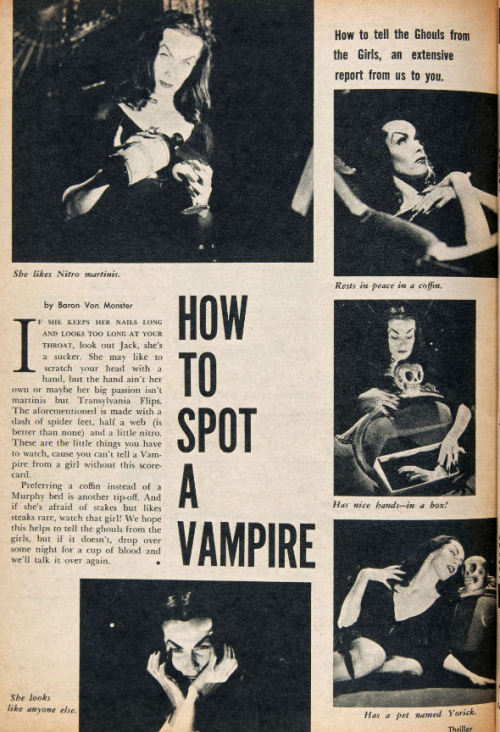Let's first start with the industry overview.
The whole industry works on one and one thing only. Revenues. (Let's call this A)
Are you capable of charging higher Revenues from your customers on a regular basis?
Are you able to maintain your Revenues if not increase them? (2/n)
Why is this relevant?
Well, think of a regular business selling goods / services.
Typically, when you're not able to sell something, you keep it for the next day or hold it in your 'inventory'.
Typically you have a certain level of demand estimation before you manufacture(3/n)
Whether you manufacture a product or sell a service, you do a certain degree of demand planning.
In the context of hotels, this would be based on the location, the demand of tourist arrivals and accordingly the number of keys (hotel rooms).
(4/n)
The only catch here is the fact that you only have a 24 hour window to sell a day's inventory.
Taj Mahal Palace in Mumbai only has a 24 hour window on a daily basis to sell 560 room nights.
Once the day gets expired, the inventory is gone. (5/n)
Demand is driven by multiple categories. Let's start with a metric that every player in the industry loves to track.
FTAs
Foreign Tourist Arrivals.
Typically, this number is able to drive demand based on the location.
In India FTAs are highest in Goa. (6/n)
So why isn't every hotel chain opening a hotel in Goa?
Well, here comes the biggest hurdle to any real estate project in this country.
Acquisition of Land.
Typically building a hotel comes with a fair share of tax benefits and incentives, but different states differ. (7/n)
So why is 'A' (indexed above) so important?
Allow me to introduce to you a concept of Operating Leverage (OL).
Simply put, OL is Contribution / EBIT
Higher the Fixed Costs, higher the OL.
How do you ensure profitability in high OL businesses? (8/n)
Simple.
Either you have a relentless focus on increasing 'A' or keep reducing the OL either by
-improving margins
-reducing Fixed Costs
When a lot of hotel projects mature, typically OL keeps coming down since the depreciation hit becomes significantly lower. (9/n)
Let's now look at why 'A' is still so important.
In high OL businesses, typically the cost structures are fixed.
For Hotels, it is lease rent, staff salary, depreciation, electricity etc.
Cost controls can only take you from one point to the other. (10/n)
So what do Hotels Do?
You may have heard of cost controls all your life, but hotels implement Revenue Controls too.
- Someone skipping to pay the restaurant bill
- Minibar items consumed, not charged
- Room used, escaped without paying
- Service used, not posted
(11/n)
It's no surprise that today whether you check-in into a Fairfield by Marriott or a Lemon Tree hotel, there is a 99% chance you would be getting a key card.
The energy consumption in your room only starts once the key card is inserted.
Cost controls are fairly same. (12/n)
Hotels have to actively manage their topline.
It could be ensuring the correct inventory is distributed to all OTA's, rates are kept competitive as per demand and at the same time inventory utilization is maximized.
What happens when there is no Revenues?
Read A again.(13/n)
The hotel industry in India has gone through it's fair share of pain.
- 26/11 Attacks
- Demonetization
- Benami Property Act
- GST
- Covid - 19
While 2,3&4 cause supply side consolidation, 1&5 crushed demand by unprecedented levels. (14/n)
While a lot of legacy hotel chains have owned assets that have more or less matured and may see OL benefits kicking in.
Pre Covid-19, Oberoi Udaivilas was probably selling at an Average Room Rate (ARR) of ~45/50k a night! (15/n)
While looking at ARRs may give you some sense of 'A', the real way to look at topline is to look at ARR with occupancy.
Multiplying ARR with occupancy gives you RevPar (Revenue per available room) and gives you a more realistic picture of topline. (16/n)
In October 2020, we had done a deep dive on the Hotel Industry for the Beta to Alpha cohort.
You can checkout the video here -
https://t.co/EtlpwAOdll In order to access the video, you can access a 1-day FREE trial here -
https://t.co/E6lCobOHUq (17/n)
Fin.
If you liked reading this thread, you will love reading my other threads too ⬇️
https://t.co/QcOaLbcikH
Alternatively, you can hit retweet on the following tweet to share the entire thread ⬇️
https://t.co/13W20bmD7O


